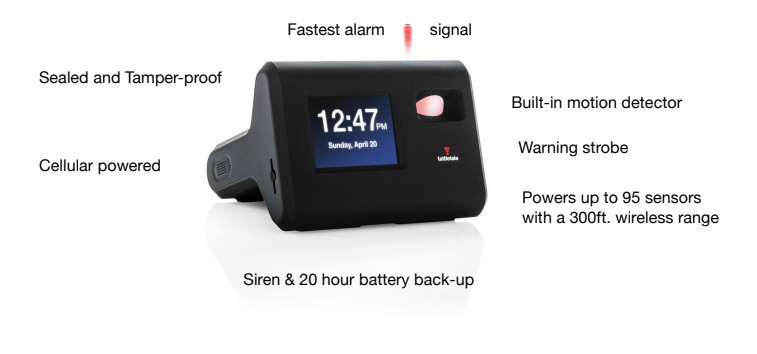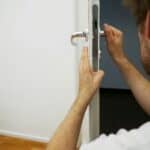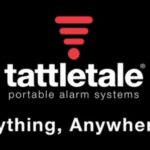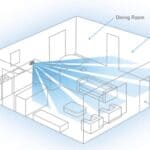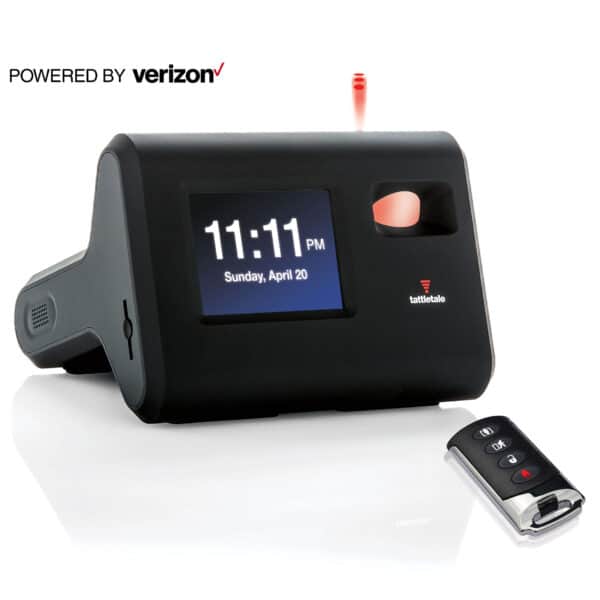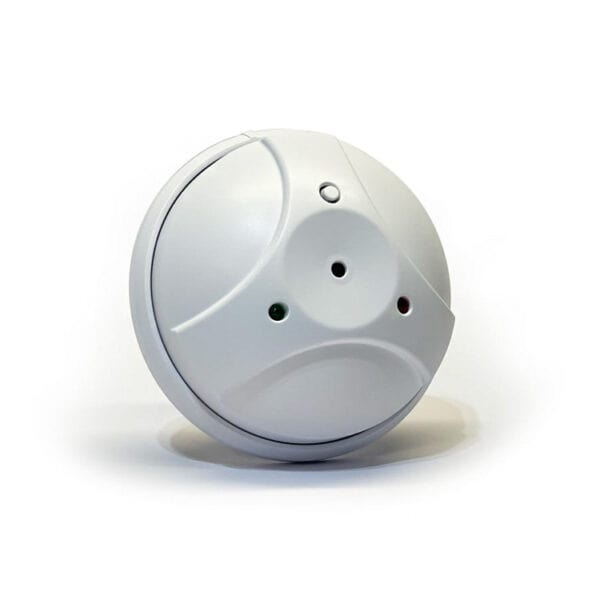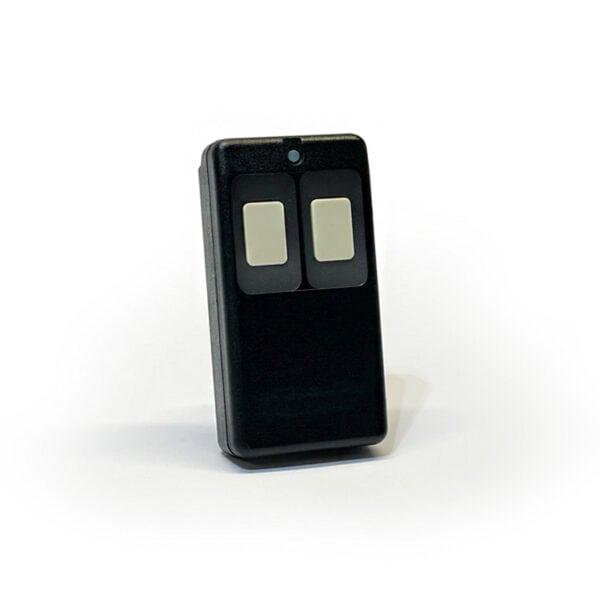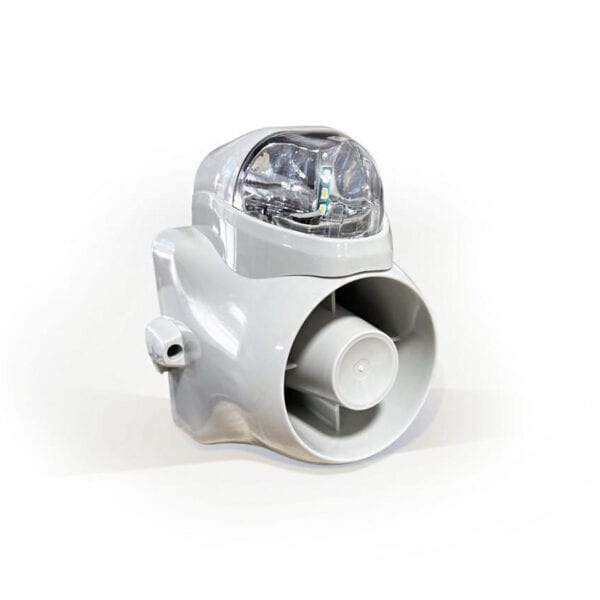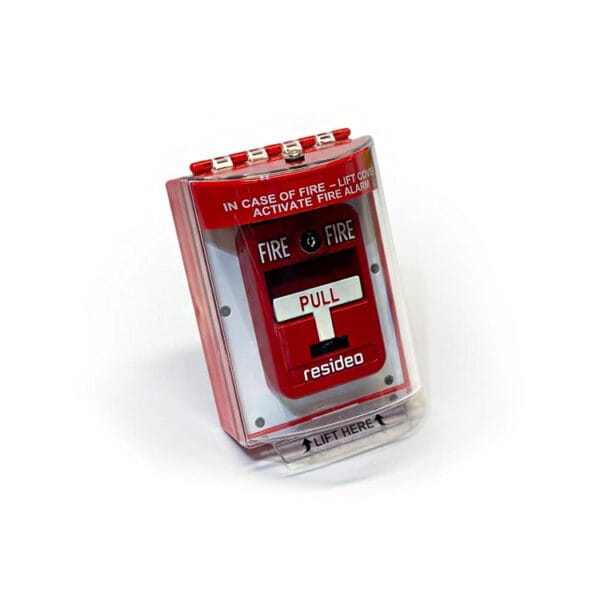As a homeowner, you understand the need for around-the-clock protection for your family and your property. If you have a home security system, you likely rely on it to provide that protection. However, have you ever thought about what happens in the event of a power outage?
As power grid systems and infrastructure become more outdated by the year, many jurisdictions struggle to keep up. Research shows that power outages are becoming more frequent and lasting longer. This is not an ideal scenario for a society that relies heavily on electronic devices.
You are probably wondering if it would be business as usual for your traditional home security system if your town were to experience one of these power outages. It depends on what type of system you have.
Most Alarm Systems Have Backup Batteries — But There’s a Catch
These days, many traditional home security systems run on power from your home. If that power suddenly becomes unavailable, many systems provide backup batteries to keep the keypad and alarm operational. In many cases, this sounds like great news for homeowners.
However, it’s important to note that many backup batteries only last four to six hours before they need recharging. If you have had your home security system for a long time and haven’t changed the batteries in years, you may not even have that long. Additionally, since 2013, the average length of a power outage in the U.S. has grown from 3.5 hours to more than seven hours.
Simply put, your alarm backup battery may kick in initially, but it may also struggle to make it through the entire outage. This may leave you without protection for at least some of the time.
Monitoring Center Communication Depends on the Connection Source
When the power in your home goes out, the alarm system keypad isn’t the only thing you have to worry about. If your home were to be burglarized during a power outage, you may still need emergency help from a monitoring center. Unfortunately, this creates a huge problem if your home security system cannot communicate with the monitoring center.
Internet-Reliant Systems Offer Little Help
If you have a home security system that relies on Wi-Fi or ethernet, there’s a huge chance you will be out of luck during a power outage. If you have no power, your internet router won’t work. If you can’t get the router to work, you have no internet. If your home security system is connected to the internet, you won’t have any communication with the monitoring center until the power is restored.
Unfortunately, the same goes for those systems that use Voice over Internet Protocol (VoIP) technology. VoIP phones and security systems depend on the internet to function, so a power outage would also shut down your security system.
Traditional Landline Systems Are Going Away
Home security systems that rely on landlines for communication work well in a power outage. This is because traditional landlines remain operable even when the lights go out. The only problem with this option is that there may soon come a time when landlines are no longer available.
Since the implementation of FCC Order 19-72, phone companies are no longer obligated to provide landline service. Many are switching landline customers to a more technologically advanced, internet-reliant option, and some traditional home security installation companies are following suit.
A Cellular Connection Is the Way to Go
If you want to keep your traditional home security system communicating with the monitoring center during a power outage, you may need to switch to a system that operates on cellular service. Cellular towers tend to stay operational during local power outages, allowing you to use the alarm system as long as the keypad stays charged.
Even if you have a home security system with a landline or internet-based connection, you can get cellular backup. In an arrangement like this, your system will run on your main connection source most of the time and then automatically switch to a cellular connection if the system detects a power outage.
Still, you may not realize that some alarm companies charge a premium price for a cellular-based connection. While you will likely get four to six hours of protection (provided your keypad works for that long), you could end up having to upgrade your security package and pay more out of pocket to get it.
Portable Alarm Systems Can Provide a Reliable Solution
Traditional home security systems can provide decent protection, but most of them only work consistently when the power is on. As lengthy and frequent power outages become the norm, it may be a good idea to start looking into other, more reliable solutions.
tattletale® offers a robust portable home security system that works right out of the box to provide protection for multiple entryways at once. The device is self-charging and uses advanced technology for automatic recharging, which means you can count on it to work at all times.
With extensive wireless coverage and long-range sensors that can cover every corner of your home, you’ll never be left without the protection you need. Contact us today to learn more about how the tattletale® portable home security system can provide the protection you need and deserve even when the power goes out.



